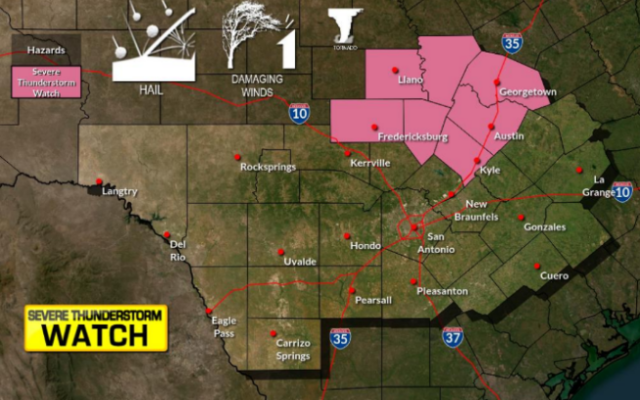Short-staffed hospitals battling COVID surge after opting not to staff up

(NEW YORK) — Florida’s latest COVID-19 wave is making Bob Gortney, an intensive care nurse in Fort Myers, think twice about his two decades in medicine.
Gortney, who works at Gulf Coast Medical Center, recently came back from vacation and found the hospital full of COVID patients. “I never left the COVID battle from last year,” Gortney told ABC News Fort Myers affiliate WZVN-TV. “We went from having three or four COVID patients that weren’t really sick to now probably 20 to 30 patients [who are] actually on a ventilator that are very, very sick and unvaccinated.”
COVID-19 is surging throughout the United States, with daily case averages reaching more than 110,000, up 25.5% from last week. Hospitalizations, which tend to follow rising cases, particularly in areas with low vaccination rates, are now at their highest point in six months, with more more than 75,000 COVID-19 patients currently hospitalized, according to updated data from the Department of Health and Human Services.
“It’s disheartening,” Gortney said. “I know some nurses have walked away from it. Some have just picked up and said, ‘I can’t do this no more.’”
“It is a challenge to find experienced talent due to the national health care worker labor shortage,” said Mary Briggs, a spokesperson for Lee Health, the not-for-profit hospital system that owns Gulf Coast. Despite that challenge, Lee Health has made an effort to staff, Briggs explained, hiring 160 registered nurses in June and July and bringing in travel and contract nurses.
As hospitals across the country, including in Arkansas, Texas, Alabama, Tennessee, Florida and Mississippi, scramble to meet the rising need, Jean Ross, co-president of National Nurses United, the nation’s largest nursing union, pointed to a systemic health care issue that predates COVID-19. Similar to public health funding, hospitals follow a pattern of panic and neglect. They pour money into acute problems, like a COVID surge, then disband those efforts when the situation becomes anything less than a crisis. Preparation and prevention are afterthoughts.
“There was a failure to plan before the pandemic,” Ross said. “There was a failure to listen to us during it. And now that we’re experiencing another surge, once again, there is a failure to plan.”
In Ross’ estimation, hospitals were too frugal about staffing even before the pandemic, in order to maximize profits. COVID exacerbated that. Earlier in the year, when it looked like the virus was receding in the United States, and as hospitals were struggling financially after a year of canceled elective procedures and low patient volume, some hospitals cut costs by furloughing or laying of health workers, or reducing their pay, according to Becker’s Hospital Review. Many other hospitals closed altogether.
“Unfortunately, the national nurse staffing shortage is a difficult challenge for hospitals throughout the U.S. and is at critical levels for certain parts of the country,” said Jennifer McDonnell, director of public relations and communications at MountainView. “We are doing everything in our power to retain and recruit new nurses to our community, from shift bonuses to new grad programs.”
“I don’t necessarily feel like there is a nursing shortage in terms of actual people who are registered nurses,” said Nicole Taylor, a labor and delivery nurse at MountainView Hospital in Las Vegas and chief nurse representative for her hospital at National Nurses United. “There’s a shortage of people who are willing to work in unsafe conditions.”
Taylor is currently on maternity leave, but she said she speaks with nurses at the hospital every couple of days. When COVID surged in the area and the hospital had to start putting two patients in a room instead of one, nurses were expected to pick up the slack. “They can’t possibly hire people in a fast enough manner to accommodate that. That’s really unsafe.”
“I feel pretty confident,” she added, “that a majority of the units are running on bare minimum and just trying to survive.”
During the first wave of the pandemic, traveling nurses descended on New York City and other hotspots, then moved on as the virus did. This time around, much of the country is a hotspot. And adding traveling nurses can be costly.
“Travelers are expensive,” Ross said. “We have our nurses begging for them to get extra help. Some states I’m told that are hardest hit right now are finally looking to other states and asking for help, and asking for travelers.”
But even if hospitals have the budget, Ross added, securing travelers only gets harder as demand skyrockets “country-wide, even worldwide.”
Copyright © 2021, ABC Audio. All rights reserved.
You Might Also Like



